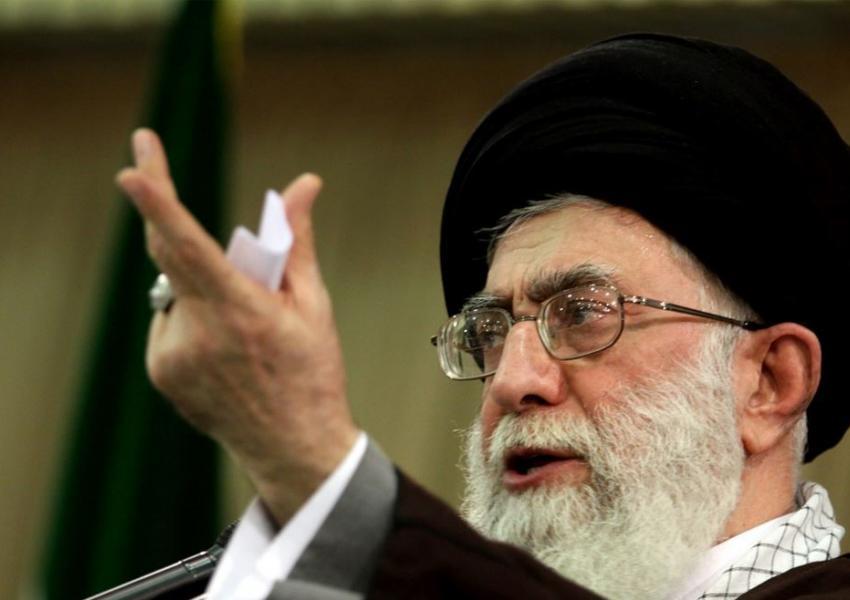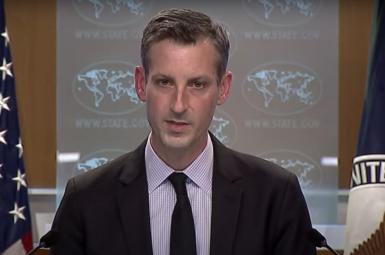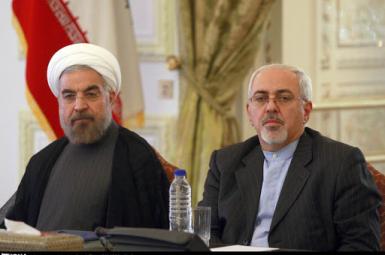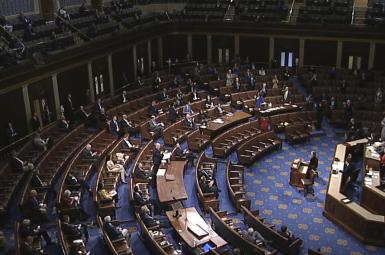
Is Iran Showing Restraint Against The United States?
“Iranian leaders, according to allied intelligence, have concluded that restraint is the best way to prevent Mr. Trump’s re-election,” the New York Times wrote on Friday. As far as the administration of President Hassan Rouhani is concerned, this may well be true. The bigger issue at the moment is whether Iran’s hardliners are willing to play by the same rules in the days remaining before the United States presidential election on November 3.
According to the four New York Times authors, US “administration officials who have acknowledged the Iranians’ recent restraint” would not discuss in detail the evidence behind the “new assessments of Iranian caution” but said “the conclusion of relative inaction by Iran was consistent with its recent actions in the Middle East.”
A commentary published on Saturday by Iran newspaper by government spokesman Ali Rabiei appears to urge exactly this type of caution despite intensifying US pressure on Iran in recent months. This includes the push to re-impose all UN sanctions, more unilateral US sanctions announced by the State Department on Thursday, and a military buildup in the Persian Gulf. An explosion at Iran’s nuclear enrichment facility at Natanz in July that set back its atomic program was allegedly carried out by the US’s closest ally, Israel.
Rabiei claims in Iran that Iran’s “restraint” at the time of President Donald Trump’s withdrawal in 2018 from the 2015 Iran nuclear agreement laid the foundations for Iran’s success today in “diplomatically isolating the United States” but he expressed concern about the “trigger that someone may pull for any reason, ignorance or carelessness in our country.”
Rabiei’s analysis is reflected in the New York Times piece, whose authors wrote: “Iranian officials sensed a trap, the allied officials said. Iranian officials believe that such attacks are aimed at luring them to retaliate so that the United States or Israel could respond with a military strike.”
The 2015 nuclear agreement between Iran and the world powers, known as the JCPOA (Joint Comprehensive Plan of Action), is or was the biggest achievement of the Rouhani administration. It was intended to free Iran from UN sanctions and allow the economy to grow. But it took only until May 2018 for President Donald Trump to withdraw from what he keeps calling a “stupid agreement” and impose draconian US sanctions. Exacerbated by the coronavirus pandemic, these have reduced Iran’s exports from 2.6 million barrels a day to near zero, and caused huge depreciation of the national currency.
For Rouhani and his administration, saving the JCPOA means not allowing their most important achievement to perish entirely, and the JCPOA’s fate is tightly connected both to who will be the next resident of the Oval Office and how far Iranian hardliners keep in line with this policy of restraint.
Those who dominate most centers of power – and the military – in the Islamic Republic have in the past shown they are not shy when it comes to stirring tensions, including last year’s shooting down of an American drone and Iran’s likely involvement in the attack on Saudi oil facilities. Iran lends all kinds of support to proxies in Iraq and elsewhere to attack US interests, and earlier this year launched a missile attack on US forces in Iraq in retaliation for the US killing of Qods Force Commander Qasem Soleimani’s on January 8.
On the same day that Rabiei warned of an untimely “trigger” being pulled, the Revolutionary Guards (IRGC) Commander-in-Chief Hossein Salami warned Trump that revenge for Soleimani would be “obvious, serious and real” rather than simply killing the US ambassador in South Africa, which intelligence sources cited by the magazine Politico had claimed Iran was considering.
The New York Times stresses that “Iran’s overall restraint” does not apply to cyber activities. “The increase in Iranian hacking attempts has been notable,” the article says, citing Microsoft’s warning last week about a hacking group linked to the Iranian government that has attempted to log into the accounts of US administration officials and Trump presidential campaign staff.
One thing is certain: Surprises ahead of the US elections are possible but only as far as allowed by the red lines set by Ayatollah Ali Khamenei, Iran’s Supreme Leader. In almost every speech, Khamenei attacks the United States. But he has shown in the past that, when cornered, he is ready to make concessions to avoid complete defeat. It was, after all, his “heroic flexibility” that in 2015 allowed Rouhani to seal his nuclear talks with world powers and reach a concrete agreement.








